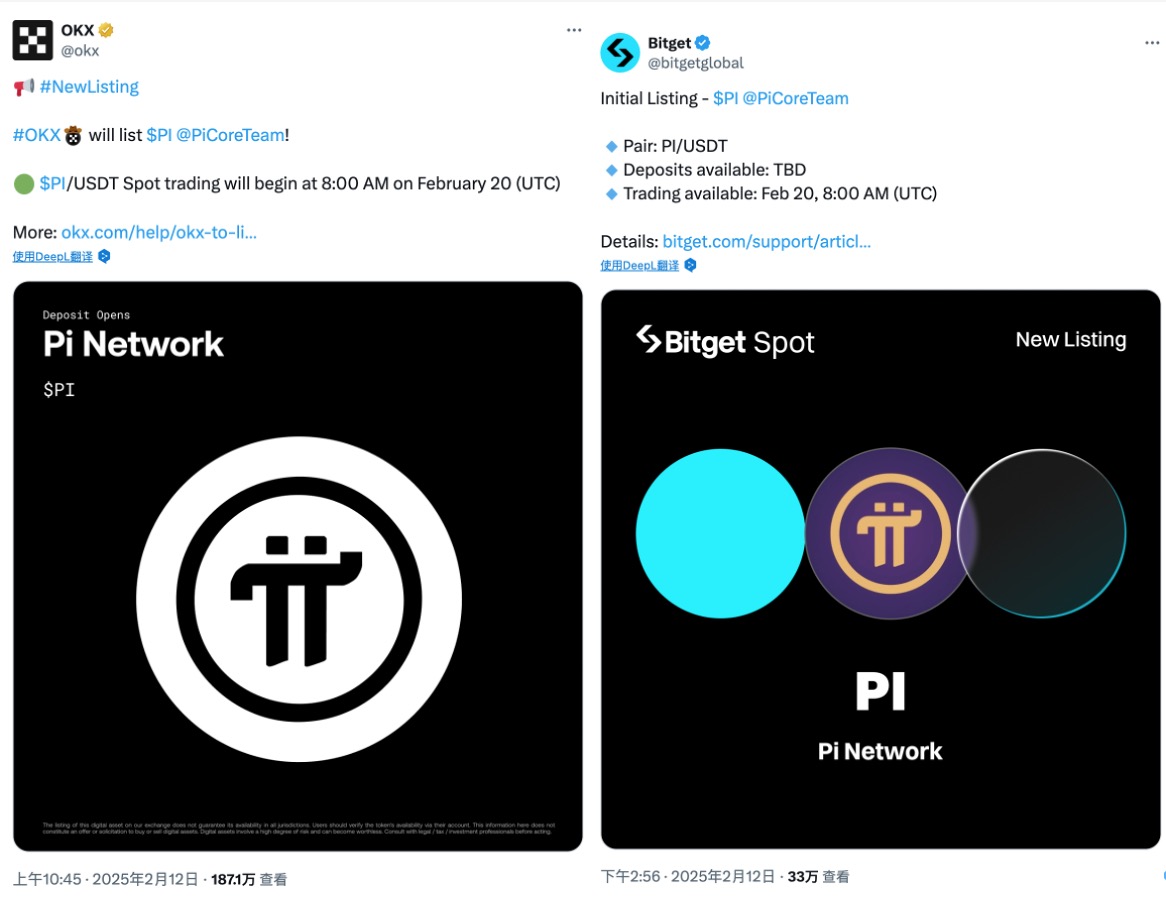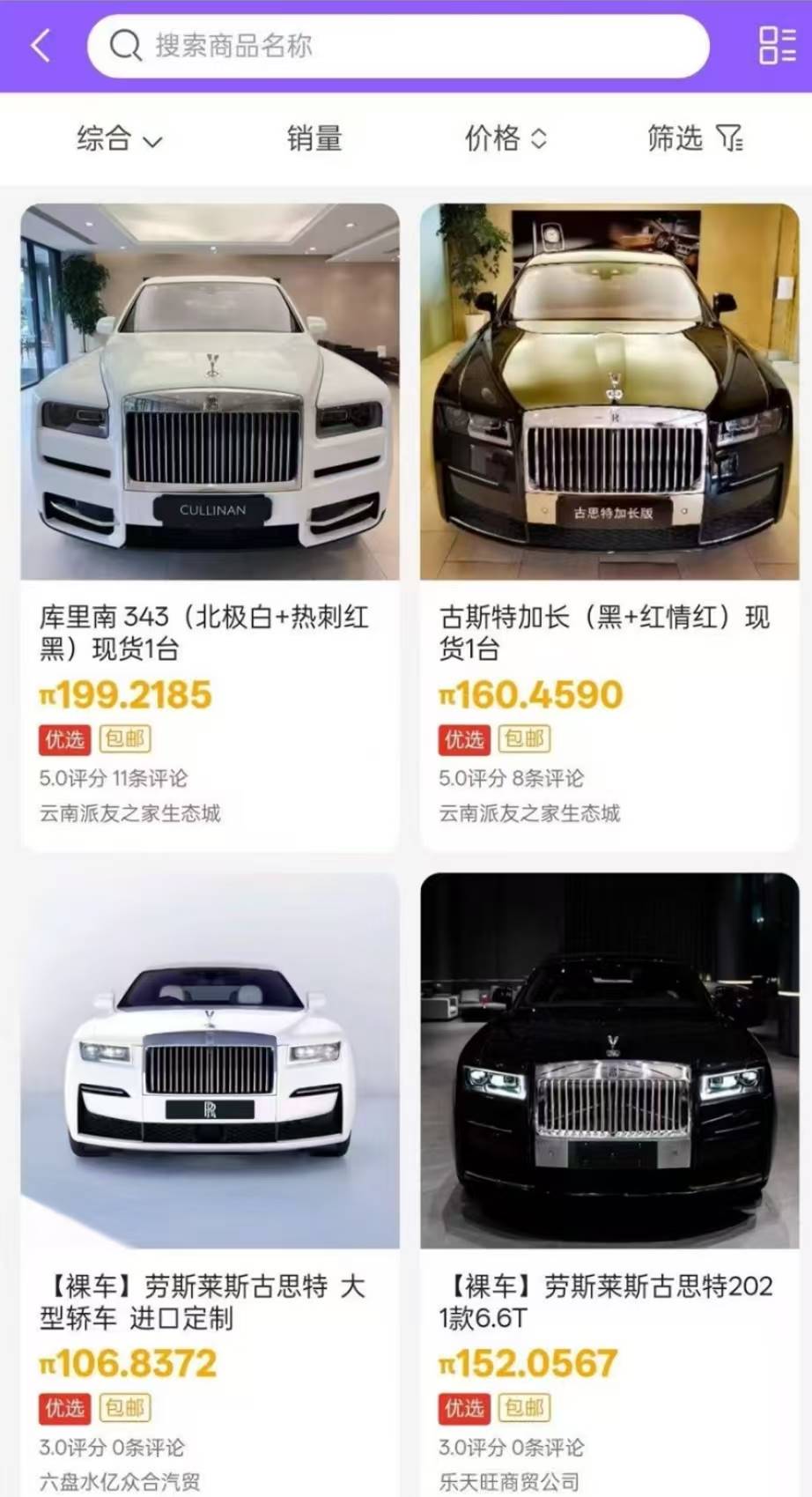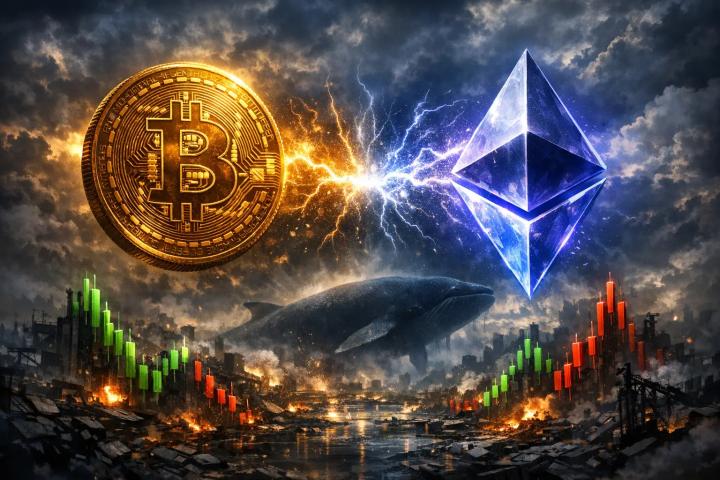Author: Yangz, Techub News

Earlier today, the news that OKX will list the PI token caused a huge stir in the industry. Regarding the listing of the "project" that has been nailed as a Ponzi scheme, Techub News contacted the OKX PR, but the other party refused to comment. At the same time, Bitget also followed OKX's footsteps and announced that it will list PI.

Speaking of PI (Pi Network or π Coin), I'm sure everyone in the industry knows it is a typical Ponzi scheme, specifically "harvesting" the middle-aged and elderly group. The project claims to be launched by a Ph.D. from Stanford University, and under the name of "public welfare", it conducts lectures and presentations to the elderly, claiming that just by downloading the APP and simple operation, they can mine for free.
According to a report by Blue Whale Finance last year, the so-called "mining" only requires lighting the lightning icon on the homepage of the "π Coin" app every 24 hours, and the π Coin will slowly increase, without any technical content or capital investment required. Combined with the rampant "buying cars and houses with π" Ponzi rhetoric in the community, many middle-aged and elderly people have been deceived over the years.
Although the police in cities like Wuxi have repeatedly warned against such Ponzi scams, stating that criminals use "free" and "gifts" as gimmicks to attract the public to download the software, and then use the low operation threshold, no capital investment, and a small amount of "π Coin" given to the victims as bait to expand the victim group and defraud the victims' money, the middle-aged and elderly group with poor judgment ability find it difficult to realize that behind the constantly increasing number of π Coins, there is no real withdrawal channel at all, and the so-called 100 π Coins can be exchanged for a Rolls-Royce is just a scam.

However, OKX's announcement today that it will list the Pi Network token PI on the spot trading on February 20th is a real shock to the entire industry. Compared to the deafening noise from the Pi Coin community at this moment, the crypto community, apart from the self-mockery and sarcasm from young investors "wanting to be friends with grandpas and grandmas", is mostly "silent" about this magical news. Many investors exclaimed that they couldn't understand it and sighed that "the crypto market has changed."
On the one hand, the crypto community despises the Pi Coin community, and on the other hand, the Pi Coin community also seems to look down on the crypto community. @0xJaleel_eth shared that "the two worlds don't look up to each other." He said that the Pi Coin community even looks down on OKX and is not interested in the exchange at all, because they have their own barter market. In addition, @0xJaleel_eth shared some information about the current Pi Coin community. He said that "the circulation of Pi Coin is very low, and KYC takes a very long time, and most of the accounts that have passed KYC are in the state of waiting for 'mapping to the mainnet'. In a group of 500 people, only 1 person with a relatively small amount of coins has successfully 'mapped to the mainnet', and only after mapping to the mainnet can the coins be withdrawn, and the mapping rules are highly opaque."
The founder of Wu Blockchain also suggested not to report on anything related to Pi, stating that "the entire industry chain associated with Ponzi schemes is the target of a severe crackdown. Everyone should have some legal knowledge. Just because it hasn't happened before doesn't mean you're lucky, and if it happens once, it's a disaster for the whole family."
From Trump issuing TRUMP before his inauguration, to the President of the Central African Republic recently suspected of issuing CAR, the crypto world has left many "old cabbage" investors dumbfounded, even making them think about "withdrawing from the circle." In the previous crypto world, there were DeFi and Non-Fungible Tokens, but now, apart from the already declining Bitcoin ecosystem and AI-powered narrative, the landscape is filled with Memecoins that suddenly skyrocket and then may be cut in half (a report by crypto intelligence platform Merkle Science shows that in 2024, crypto investors will lose over $500 million in Memecoin scams).
Many opinions believe that Memecoins represent the rebellion of retail investors against the traditional VC model. Through Memecoins, ordinary investors are no longer passive bagholders, but can unite and drive collective action to form new market rules. However, if this idea is exploited by unscrupulous people, the decentralized spirit that was originally a tool for ordinary investors to resist traditional financial monopolies may also be distorted.
When everyone is shouting about paying attention to Memecoins and other "attention economy", and the listing of coins on exchanges becomes the focus of public opinion, it actually exposes the current market's lack of real applications and new capital inflows. As @tmel0211 pointed out, "TRUMP messed around and drained a lot of liquidity from the industry, and PI Coin has also taken away the remaining moral 'superiority' of the industry." The once-proud dreams of decentralization, transparency, and breaking the traditional financial pattern may have been abandoned by few.
Amid the shock, there are also some different voices. Some X users said that although the project itself is questionable, it has undoubtedly brought in users, just like the early Bitcoin, and if it weren't for the "persistence of the Ponzi scheme", it might not have come to where it is today. The author believes that "bringing in users" is not a valid reason for its existence, and the support of top exchanges with huge influence in the industry for an obvious "Ponzi scheme" should be firmly resisted. The development of Web3 needs a basic bottom line, and the lack of direction in the industry's own development is a fact, but remember "even if the heavens commit a crime, it can still be violated, but self-inflicted crimes cannot be lived with."







